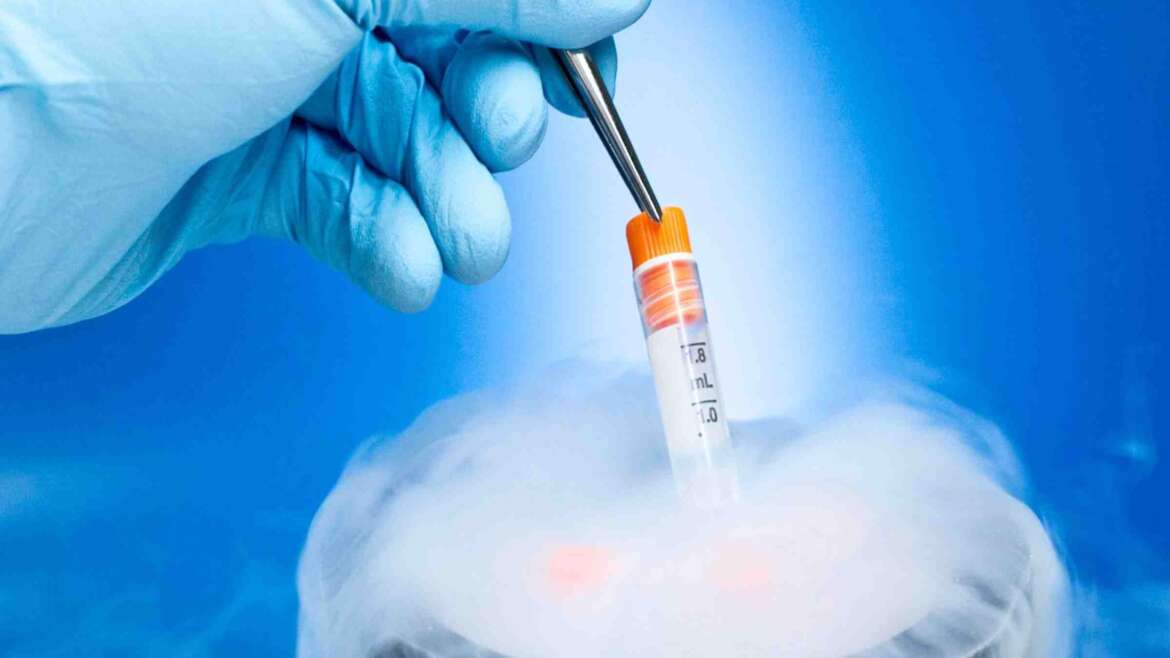Egg freezing, also known as oocyte cryopreservation, is a medical procedure that allows individuals to preserve their fertility by harvesting and freezing eggs for later use. This process has become increasingly popular for women who want to delay childbearing for various reasons, such as pursuing education or a career, or for medical reasons like undergoing cancer treatment.
The process begins with ovarian stimulation, where the individual receives hormonal medications to stimulate the ovaries to produce multiple eggs. A minor surgical procedure is used to retrieve these eggs. After retrieval, the eggs undergo careful freezing and storage at ultra-low temperatures until the individual is ready to use them.
One of the main benefits of egg freezing is the preservation of a woman’s fertility potential, allowing her to have a biological child later in life when she may face challenges in conceiving naturally. It provides an option for family planning and empowers individuals to take control of their reproductive choices.
However, it’s essential to note that the success of egg freezing can vary, and there are no guarantees of pregnancy. Factors such as the age of the woman at the time of egg freezing and the quality of the eggs play a crucial role in the eventual success of the procedure.
In conclusion, egg freezing is a valuable option for fertility preservation, offering individuals the flexibility to build a family at a time that suits their life circumstances. It is a medical advancement that provides hope and options for those who wish to extend their reproductive years and have a family on their own terms. As technology continues to advance, fertility preservation methods are likely to evolve, providing even more options for individuals seeking to navigate the complexities of family planning.

